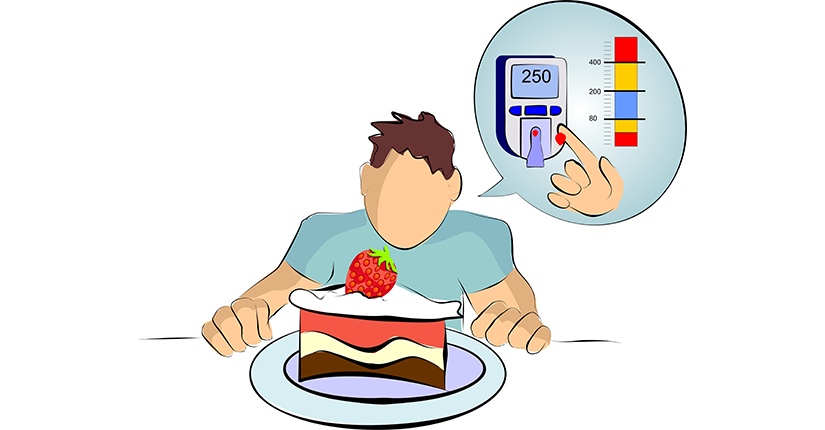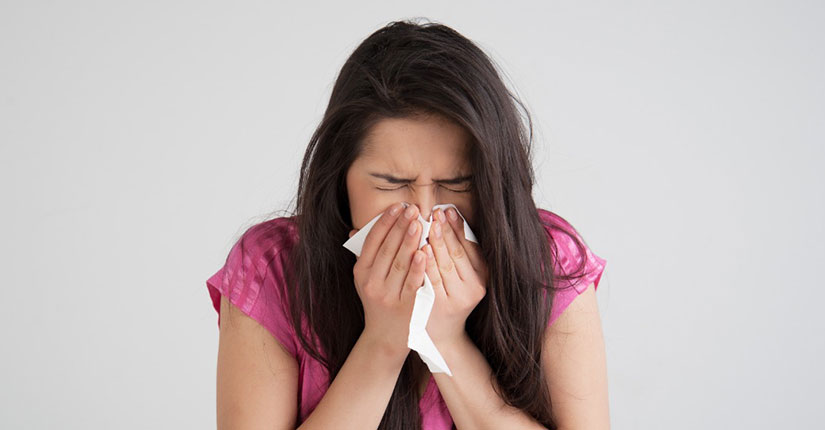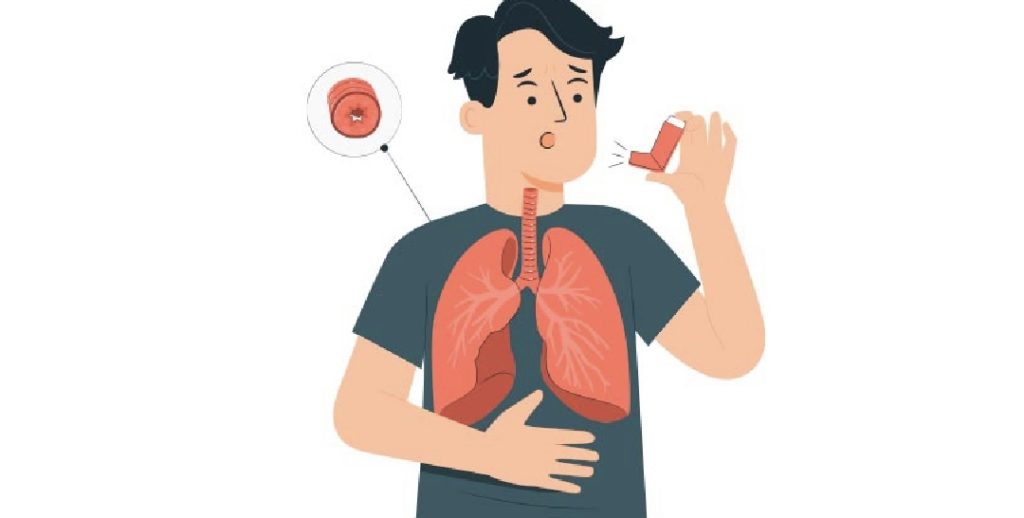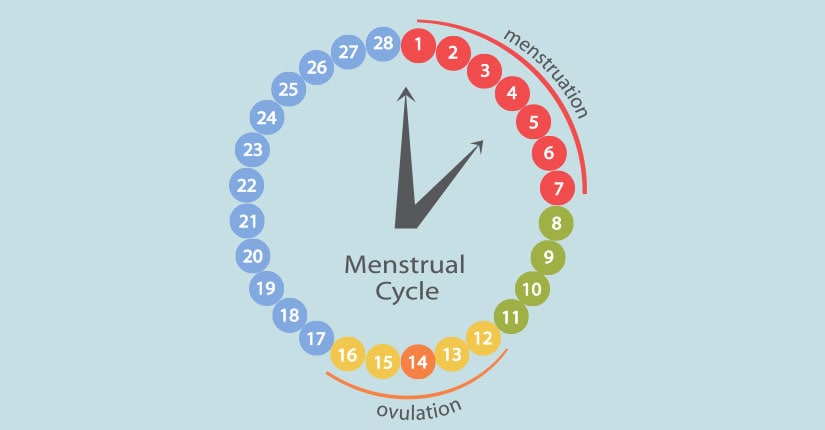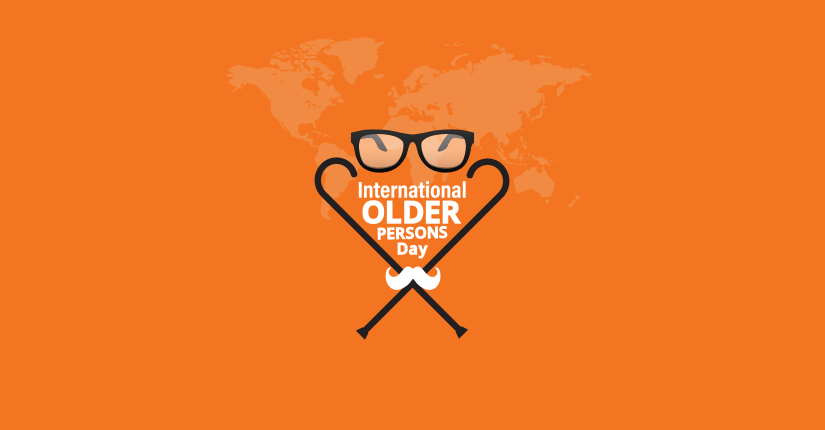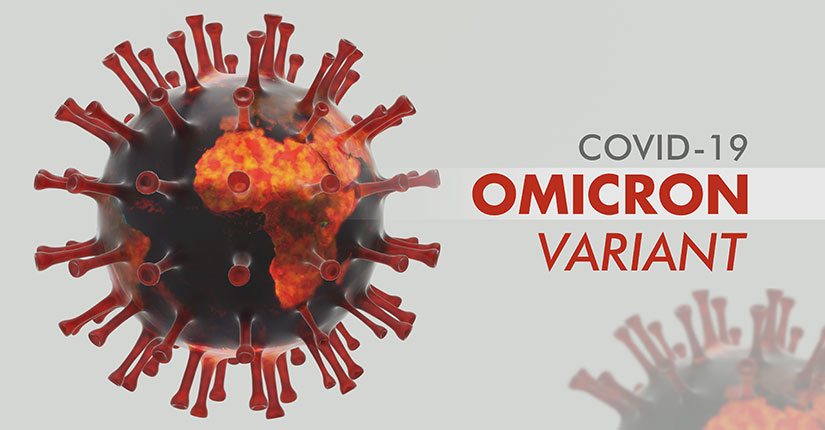6 Risk Factors of colon cancer
By Nmami Agarwal 20-Mar 2023 Reading Time: 4 Mins

Colorectal cancer is a major cause of morbidity and mortality throughout the world. It accounts for over 9% of all cancer incidence. It is the third most common cancer worldwide and the fourth most common cause of death.
Several risk factors are associated with the incidence of colorectal cancer. Those that an individual cannot control include age and hereditary factors. In addition, a substantial number of environmental and lifestyle risk factors may play an important role in the development of colorectal cancer.
Risk factors of colon cancer can be divided into –
- Modifiable and
- Non-modifiable risk factors
Non-Modifiable risk factors include –
- Age – the risk of colon cancer starts increasing from the age of 40 onwards, rising sharply after the age of 50 years. More than 90% of colorectal cancer cases occur in people aged 50 or older.
- Genetic susceptibility – Approximately 5 to 10% of colorectal cancers are a consequence of recognized hereditary conditions. up to 20% of people who develop colorectal cancer have other family members who have been affected by this disease.
Modifiable risk factors –
-
- Diet strongly influences the risk of colorectal cancer, and changes in food habits might reduce up to 70% of this cancer burden. Diets high in fat, especially animal fat, are a major risk factor for colorectal cancer.
- High meat consumption has also been implicated in the development of colorectal cancer. Potential underlying mechanisms for a positive association of red meat consumption with colorectal cancer include the presence of heme iron in red meat. In addition, some meats are cooked at high temperatures, resulting in the production of heterocyclic amines and polycyclic aromatic hydrocarbons, both of which are believed to have carcinogenic properties.
- Some studies suggest that people who eat a diet low in fruits and vegetables may have a higher risk of colorectal cancer. increased intake of dietary fiber may dilute fecal content, increase fecal bulk, and reduce transit time, thereby reducing the risk of colorectal cancer.
- Two modifiable and interrelated risk factors, physical inactivity and excess body weight, are reported to account for about a fourth to a third of colorectal cancers. There is abundant evidence that higher overall levels of physical activity are associated with a lower risk of colorectal cancer.
- The association between tobacco cigarette smoking and lung cancer is well established, but smoking also is extremely harmful to the colon and rectum. Evidence shows that 12% of colorectal cancer deaths are attributed to smoking. The carcinogens found in tobacco increase cancer growth in the colon and rectum, and increase the risk of being diagnosed with this cancer.
- As with smoking, the regular consumption of alcohol may be associated with increased risk of developing colorectal cancer. Alcohol consumption is a factor in the onset of colorectal cancer at a younger age. Additionally, high consumers of alcohol may have diets low in essential nutrients, making tissues susceptible to carcinogenesis.


